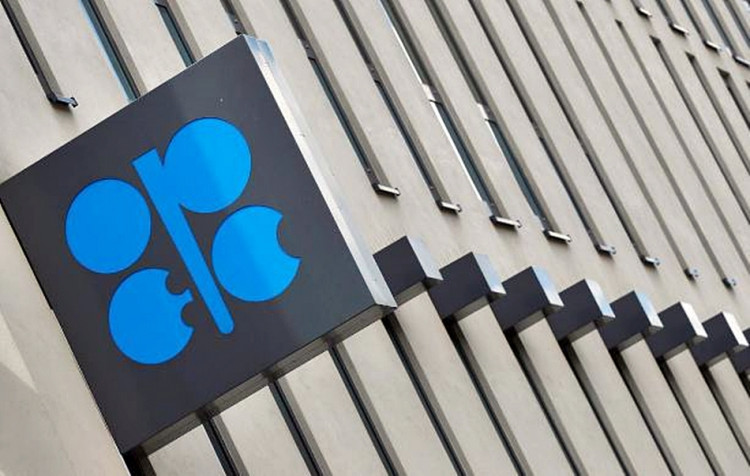OPEC has brushed aside president Donald Trump's latest tweet demanding the cartel boost oil production to defuse high oil prices.
"Very important that OPEC increases the flow of Oil. World Markets are fragile, the price of Oil getting too high. Thank you!" tweeted Trump.
Immediately following Trump's tweet, U.S. crude oil futures fell briefly by more than $1 to $58.33 a barrel. Brent futures tipped by more than $1 to a session low of $66.76 per barrel. The downswing was over quite quickly, though, and prices recovered to almost the same price it had at closing on Wednesday.
Analysts said this quick recovery illustrated Trump's waning influence over OPEC despite his much-hyped friendship with Saudi Crown Prince Mohammad bin Salman. They noted that the last time Trump tweeted at OPEC, in April 2018, oil prices fell about $2 a barrel, or more than 3 percent.
"I would say that it is apparent that the oil market has concluded that the OPEC+ group has put President Trump's Twitter account on mute," said John Kilduff, founding partner of Again Capital, an energy hedge fund.
Trump's desperation tweet was meant to derail the plans of OPEC + to continue with the production cuts they agreed upon in December 2018. The production reduction by OPEC+ is the main reason behind the rebound in oil prices this year.
Saudi Energy Minister Khalid al-Falih said he's leaning toward extending the six-month production cuts into the second half of 2019. He made this remark after OPEC+ agreed to a fresh round of production cuts in December, despite Trump's feeble plea for the cartel to boost production.
Since January, OPEC+ has managed to keep 1.2 million barrels a day off the market to eliminate oversupply. And last week, OPEC+ canceled an April meeting that would have reviewed the output cut agreement. In effect, this means the production cuts will be extended until the end of the year.
OPEC + remains angry at Trump for allowing several of Iran's biggest oil buyers to continue buying limited amounts of Iran's crude, despite U.S. sanctions on the country. Trump's decision made a mockery of OPEC's decision to boost production and flooded the market with unneeded oil. Prices tanked and Saudi Arabia took the blame for being duped by Trump.
Crude oil prices are climbing this year because of supply cuts by OPEC +, as well as U.S. sanctions on Venezuela and Iran, which are both OPEC members. The drop in production has led to a tightening of oil inventories and a rise in prices.






